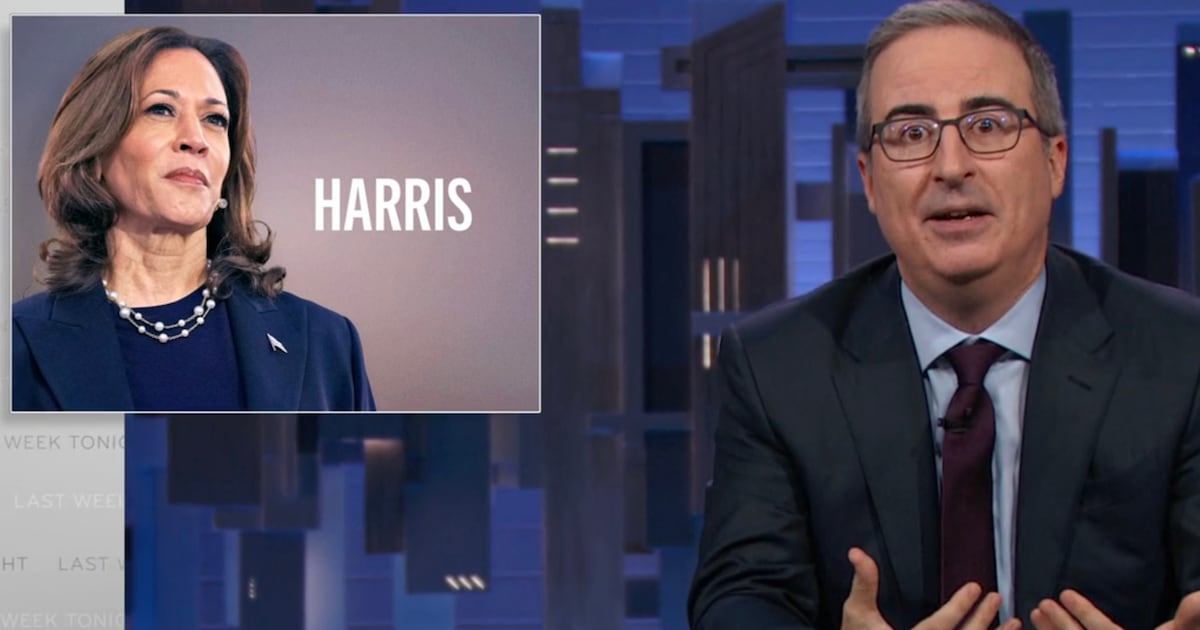It sounds more Hollywood than history. A paranoid president, unhinged, drinking heavily, ranting against his enemies, terrifies subordinates. The defense secretary commits what may be the most patriotic act of treason in American history: ordering the Joint Chiefs of Staff to ignore any White House military initiatives lacking his signature.
Most historians believe that as Richard Nixon staggered toward resignation in 1974, Secretary of Defense James R. Schlesinger undermined the president’s constitutional authority. The late Watergate expert Stanley Kutler was skeptical, asking where was the paper trail? But who would write down such orders? It is more believable that this prickly, patriotic, public servant risked his career to save America rather than risking his reputation by inventing such a crazy story.
Born to an immigrant Jewish family in New York in 1929, refined with a Harvard trifecta—A.B., A.M., and Ph.D.—in the 1950s, Schlesinger was one of the meritocratic Bureaucratic Braniacs who succeeded the WASPy, aristocratic, Cold-War-era “Wise Men.” Schlesinger converted to Lutheranism in his twenties. His Harvard classmate and Washington rival, Henry Kissinger, was a Jewish refugee who barely escaped Nazi Germany. Kissinger sniffed that Schlesinger was a rare intellectual “equal.”
ADVERTISEMENT
This wunderkind taught economics at the University of Virginia. He consulted for the Rand Corporation. He headed the Atomic Energy Commission, the CIA, the Pentagon under Nixon and Gerald Ford, and the Department of Energy under Jimmy Carter—all before turning 50. Schlesinger’s CIA reforms were so extensive, including firing 1,000 of the agency’s 17,000 employees, that co-workers decided security cameras were installed to deter agents from defacing his portrait.
In retirement, Schlesinger would preach that “the art of politics is to overcome past resentments to work with people who will not fully share your moral and political views and judgments” (PDF) Nevertheless, he admitted: “I tended to be self-righteous, a quibbler. Stubborn too. It took me a while to understand how hard I must have been to deal with.”
Appointed by Nixon as secretary of defense in July, 1973, the hawkish, heavy-handed Schlesinger frequently clashed with the détente-pursuing, Machiavellian, Secretary of State Henry Kissinger. Their competition intensified as the Watergate scandal increasingly sidelined the president.
Nixon’s grasp of reality faded as his grip on power slipped. By July, 1974, this statesman who re-established relations with China and Russia, this politician who defied critics by winning re-election overwhelmingly, was crashing.
So many unbelievable rumors of hit squads, enemies lists, break-ins, and cover-ups had been proved true. The ’60s rebels who warned about a sick society, dark conspiracies, and a vicious, vengeful, volatile “imperial president” seemed vindicated in the ’70s. Dr. Strangelove’s lunatics and Seven Days in May’s coup-plotters had jumped from Tinseltown screens to White House offices.
Seeing Nixon willing to do anything to win power, Schlesinger feared the president might do anything to retain it. According to the reporter Seymour Hersh, in spring 1974, a Washington bureaucrat, Joseph Laitin, called Schlesinger and speculated about Nixon launching nuclear bombs or mobilizing Marines to save his presidency. “If I were in your job,” Laitin advised, “I would want to know the location of the combat troops nearest to downtown Washington and the chain of command.” “Nice talking to you,” the secretary of defense blurted before hanging up.
Nixon had centralized power in the White House, subverting the chain of command in fighting the Vietnam War. Schlesinger had resisted Nixon aides with military ties like Alexander Haig, who tried enmeshing the Pentagon in Watergate-related power struggles. He mistrusted the Marine Commandant, Robert E. Cushman, Nixon’s friend since the 1950s. Schlesinger told a colleague: “I had seen enough so that I was not going to run risks with the future of the United States.”
That summer, Schlesinger spoke elliptically to the new chairman of the Joint Chiefs of Staff, George Brown, about only following White House orders Schlesinger approved. “I’ve just had the strangest conversation with the Secretary of Defense,” Brown informed his colleagues. One of them—who remains anonymous—recalled: “We sat around looking at our fingernails; we didn’t want to look at each other. It was a complete shock to us.” Schlesinger told another friend he wanted to ensure that “no idiot commander somewhere was misled.”
Jonathan Aitken, a Nixon aide turned sympathetic biographer, calls Schlesinger’s moves the “wildest over-reaction” to Watergate. When informed about it years later, Nixon just gasped: “incredible.”
The rumors about Schlesinger’s heroism went public two weeks after Nixon resigned, when The Washington Post ran a story on Aug. 22, 1974: “Pentagon Kept Watch on Military.” The Post claimed Schlesinger and the Joint Chiefs “kept a close watch to make certain that no orders were given to military units outside the normal chain of command.” Schlesinger—who probably leaked the story—used another of the Bureaucratic Brainac’s weapons, the non-denial denial, artfully saying: “I did assure myself that there would be no question about the proper constitutional and legislated chain of command, and there never was any question.”
The new President Gerald Ford feared these rumors might fuel fears he eased Nixon out with a deal. George Brown answered his commander-in-chief legalistically, saying: “There was no alert. I’ve checked at headquarters. There are no recorded messages coming out of [Schlesinger]‘s office.”
Under Ford, Schlesinger was similarly arrogant—and subversive. After the humiliating fall of Saigon, Ford struck hard when the Cambodian Khmer Rouge captured the American ship Mayaguez in May 1975. As part of a costly hostage rescue, Ford ordered four bombing runs. His normally gung ho secretary of defense disagreed, believing B-52 bombers would be overkill. In his memoirs Kissinger recalls “the mystery of why the first wave of planes dropped no bombs, why the President had been told by Schlesinger that the first strike had been ‘completed’ and how the fourth wave of strikes never occurred.” Kissinger adds: “Ford never recovered confidence in his Secretary of Defense,” firing him that November.
After the Democrat Jimmy Carter defeated Ford in 1976, the Republican Schlesinger ran the department of energy. Watching this inexperienced, improvisational, outsider stumble, Schlesinger concluded that experienced governmental guides like him and Kissinger were essential. Alas, Schlesinger’s imperiousness earned him another presidential firing.
Like Kissinger, Schlesinger became a nonpartisan Washington bigfoot, living until three years ago, to the age of 85.
The endless presidential campaign feeds the delusion that the presidency is a one-man show. Presidents need Bureaucratic Braniacs to implement policies—and the nation sometimes needs them to check the president. James Schlesinger’s loyal act of disloyalty reinforces what the first weeks of Donald Trump’s rule demonstrates: as courts block executive orders, as legislators maneuver, and as hundreds of State Department diplomats protest, we see the constitutional republic in action. “Separation of powers” and “checks and balances” are not just phrases on AP history exams. These systems preserve and protect American democracy, when presidents won’t.
FOR FURTHER READING
Robert Dallek, Nixon and Kissinger: Partners in Power (2004). Perhaps the best look at Nixon’s foreign policy, along with an insightful portrait of the two powerhouses as the ultimate “frenemies.”
Seymour Hersh, The Price of Power: Kissinger in the Nixon White House (2003). Hersh’s reporting is not always reliable but his coverage of the Schlesinger order seems credible and reasonable.
Stanley Kutler, “The Imaginings of James Schlesinger,” The Huffington Post (2014). A repudiation of this episode as a myth, from an excellent historian whose conclusions this time failed to sway me.





